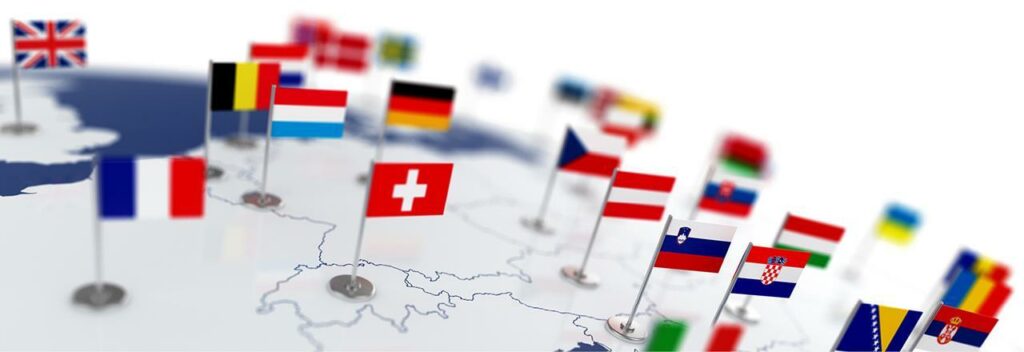Our recognition rate is 100%, meaning that out of many thousands of translations delivered, all translations have so far been successfully recognized by authorities, courts, etc.

The requirements for the recognition of a certified translation can be very different. Please let us know exactly the requirements of the office where you want to submit the translation. Possible additional requirements are:
- A pre-authentification (can be ordered here) to prove the authenticity of the translator’s signature
- An apostille/legalization to confirm the authenticity of the issuing person’s signature (e.g. judge) and his/her function. ATTENTION: An apostille/legalization must be applied for at the respective authority in the country where the document was issued.
- In very rare cases, it is required that the translation is made after presentation of the original document (not with the help of a copy)
Recognition in the EU
Especially since the introduction of EU Regulation2016/1191 in 2019, certified translations made in Germany are also recognized in other EU countries. This is also in line with our experience. Furthermore, within the EU, neither an apostille nor legalization is required to support the authenticity of the document.
Recognition in third countries
In our experience, certified translations made in Germany are also recognized in third countries without any problems. However, special requirements apply here in some cases. For example, an apostille is required for countries that are members of the Hague Convention. In others, however, legalization. Details can be found on the website of the German Foreign Office.
Our tip: If you are unsure about the requirements for the recognition of the certified translation, ask the authority, ministry, company, etc. where you would like to submit the translation. It makes sense to clarify uncertainties in advance in order to approach the translation correctly.
